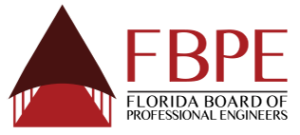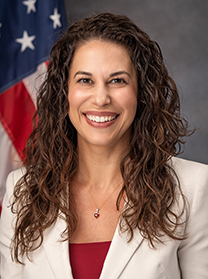Elon Musk’s age of government efficiency has spread to Florida, with legislation advanced last week that would abolish at least 22 state boards that oversee licensing and disciplinary reviews for engineers, contractors, building inspectors, accountants and many more professionals.
House Bill 1461, approved by a House Budget Committee subcommittee last week, also would drop some continuing education requirements for licensees. If it passes the full Florida Legislature and is signed into law, it could potentially have an impact on property-casualty insurance claims, claims defense, subrogation and on expert witnesses used in litigation.
“This boggles my mind that they’re doing this,” said George Miles, a Florida engineer who has filed complaints against more than a dozen other engineers who have testified for or drafted reports for plaintiffs in insurance claims disputes.
 He argued that Florida’s 11-member Board of Professional Engineers needs more teeth, not fewer, to censure engineers who make assertions that go against engineering standards or have little or no evidence to support them.
He argued that Florida’s 11-member Board of Professional Engineers needs more teeth, not fewer, to censure engineers who make assertions that go against engineering standards or have little or no evidence to support them.
But with the Donald Trump administration’s government efficient effort, led by billionaire entrepreneur Elon Musk, making widespread cuts to federal agencies and services, HB 1461 seems to be gaining steam in the Florida Legislature. It was approved by one Commerce Committee subcommittee earlier this month, and by the State Administration Budget Subcommittee last week. Several lawmakers said at the subcommittee hearing last week that the measure would improve efficiency in state government and streamline services for professionals and the public.
But others questioned its effect on public safety and homebuilding.
The bill would repeal the oversight boards and put licensing and disciplinary review under the state Department of Business and Professional Regulation. The DBPR already oversees or houses most of the professional review boards but leaves most of the work to the boards, which are made up mostly of members of the industry being regulated.
The bill’s co-sponsor, Rep. Tiffany Esposito, said at the meeting that the bill targets those boards that have produced few disciplinary actions against licensees in recent years.

“The DBPR has to pay for travel for board members every time these boards meet, and their work is minimal and it’s often a rubber stamping a lot of things,” Esposito said.
She also argued that continuing education, required for most professionals, is often little more than an illusion.
“I think we’ve all been in professions where we have to do continuing education and, quite frankly, we don’t actually do it,” Esposito said at the hearing. “We sit there and we hit a button and wait for the timer to go.”
While CE courses may be well-intended, “in execution, I don’t think it’s actually doing anything,” she added. “The very best training is on-the-job training.”
Others disagreed and questioned if DBPR would have the staff or the professional experience or knowledge to review complaints and weed out people who don’t meet standards or who don’t stay abreast of changes in building codes, for example, and technology.
“The DBPR does a great job now with a lot of the work. But we don’t feel that they have the expertise in math and science, in-house, to qualify professionals such as landscape architects,” said Chris Johnson, a landscape architect in Tallahassee who spoke at the subcommittee meeting.

